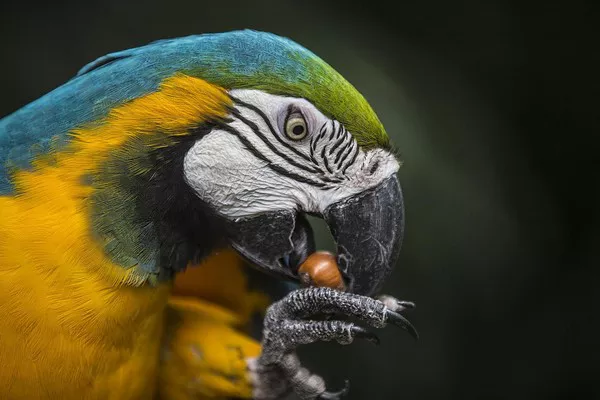What is the japanese pocket stone monkey?
Japanese Pocket Stone Monkey, a primate monkey sold in a pet market. In fact, it is a young cub of Japanese macaque (scientific name Macaca fuscata) or macaque (scientific name Macaca mulatta). There is only one species of monkey native to Japan, the Japanese macaque. There is no monkey named “stone monkey” in the primate order. Macaques are not “largest than a large Coke bottle”. Adult macaques can grow to a weight of about 10kg, with well-developed canine teeth and a certain aggressiveness during estrus.
What does the Japanese Pocket Stone Monkey look like?
The so-called “Japanese pocket stone monkey” sold in the pet market is actually a young cub of Japanese macaque (Macaca fuscata) or macaque (Macaca mulatta). There is only one species of monkey native to Japan, the Japanese macaque. There is no monkey named “stone monkey” in the primate order. Macaques are not “largest than a large Coke bottle”. Adult macaques can grow to a weight of about 10kg, with well-developed canine teeth and a certain aggressiveness during estrus.
These young macaques entered the pet market at a young age through illegal hunting and illegal trading from legal breeding units. And because of its so-called “cute” and other characteristics, it is sought after and purchased by some pet lovers. Such purchases further stimulate the illegal hunting and trade of macaques and are detrimental to wildlife conservation.
Japanese Pocket Stone Monkey Living Habits
Wild Japanese macaques are usually active during the day and spend most of the time in the forest. The group consists of 20-30 individuals, and groups of 100 are also used to divide into several families. Generally speaking, the ratio of female monkeys to male monkeys is about 3 to 3 1. The status of female monkeys has a clear hierarchy, while male monkeys are relatively free in the population.
Japanese Pocket Stone Monkey Breeding
It is not a picky eater, it eats what it is given, and mostly feeds on seeds, roots, flower buds, fruits, invertebrates, berries, leaves, bird eggs, mushrooms and grains. As a pet, an epidemic prevention test must be carried out once a year. Wild Japanese macaques live 28-32 years.


























